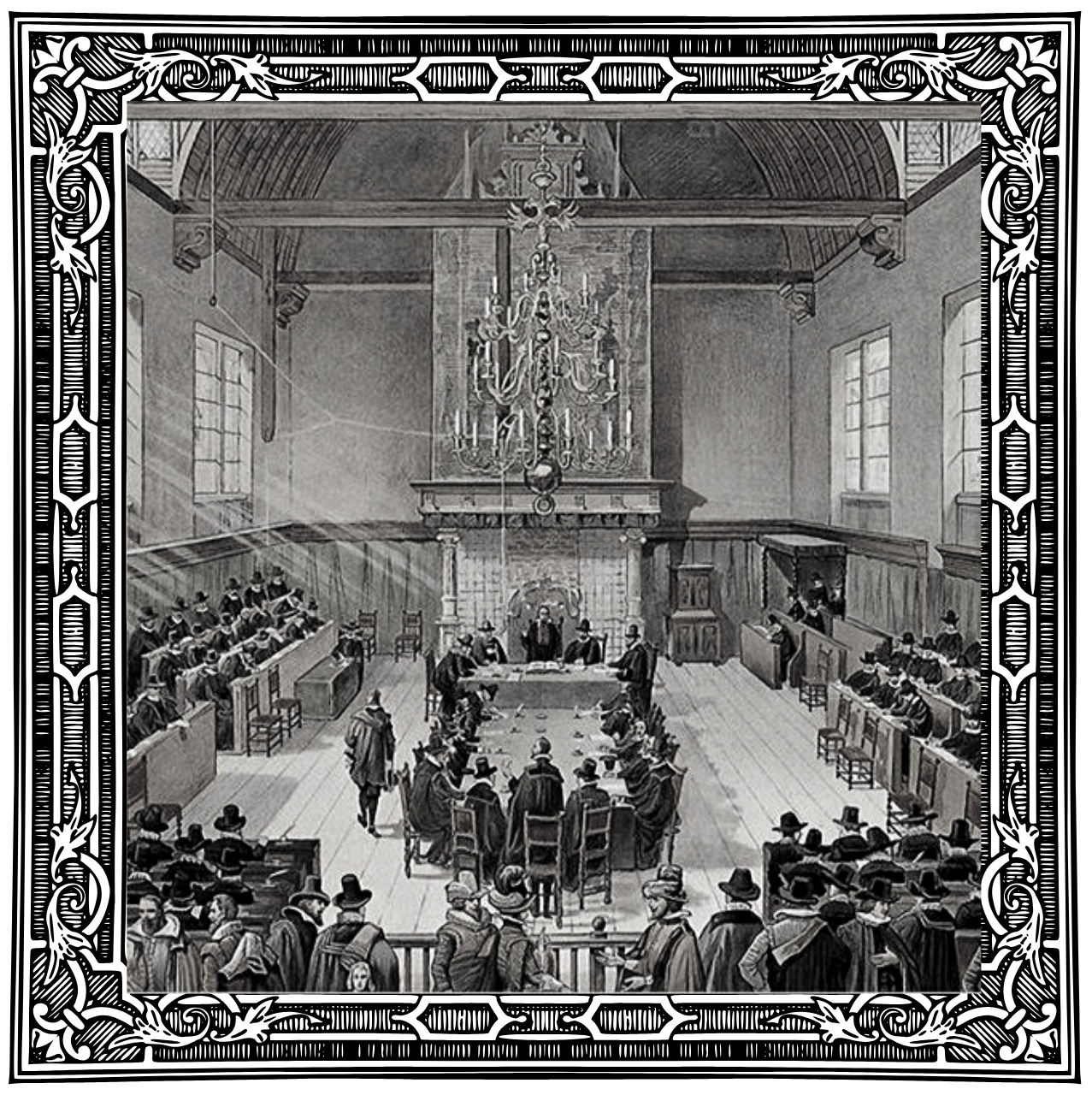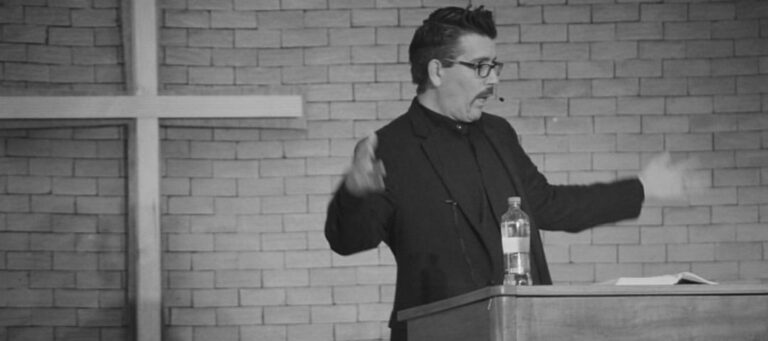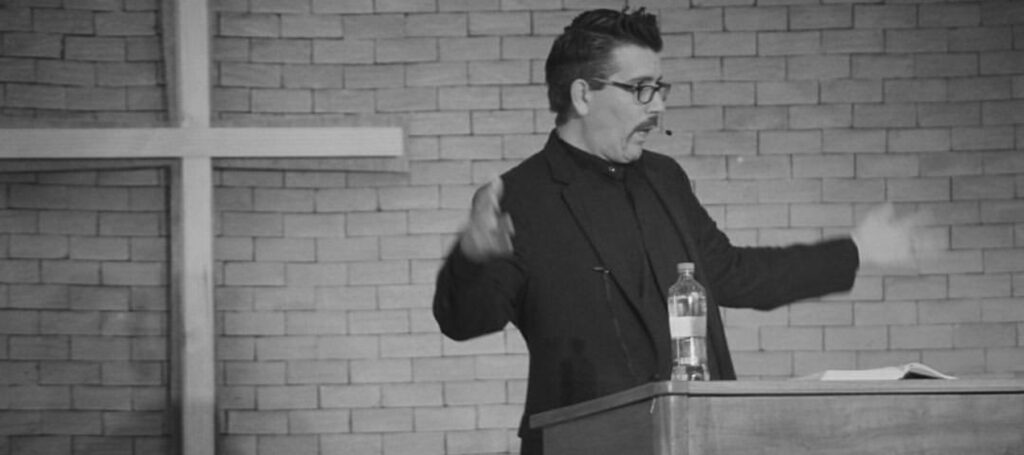I trust the title of this website sounds shocking. “I thought Reformed guys were ‘Calvinists?’” “Is this guy a Catholic in disguise?”
Let me assure you: I’m as Protestant and Reformed as the Pope is (supposed to be!) Roman Catholic.
I’m a Minister of the Word and Sacraments in the United Reformed Churches in North America. Our roots are the Protestant Reformation in the Netherlands. I’ve vowed in writing that I heartily believe the doctrines contained in the Belgic Confession, Heidelberg Catechism, and Canons of Dort. I confess them to agree with the Word of God. I’ll teach and defend them. I reject all errors that fight against them.
So why “Reformed Catholic?”
Because my Reformation forefathers understood Christian to mean catholic.
What then must a Christian believe?
All that is promised us in the gospel, a summary of which is taught us in the articles of our catholic and undoubted (catholicae et indubitatae) Christian faith.—Heidelberg Catechism Q&A 22
To be a 16th century Lutheran or Reformed Protestant was to be a catholic. We’re Christians joined to the universal Church in all times and places. Martin Luther exuded his typical spirit when he said,
The first thing I ask is that people should not make use of my name, and should not call themselves Lutherans, but Christians. What is Luther? The teaching is not mine. Nor was I crucified for anyone. St. Paul, in 1 Cor. 3, would not tolerate Christians calling themselves Paul’s or Peter’s, but only Christians. How did I, poor stinking bag of maggots that I am, come to the point where people call the children of Christ by my evil name? Not so, dear friends, let us do away with party names, and be called Christians, for it is his teaching that we have.
I’m a Reformed Catholic, not a Roman Catholic; I belong to the Catholic Church Reformed.
Because it recaptures a lost vocabulary and identity so needed for rootless American evangelicals.
Did you know the so-called “father of English Puritanism” didn’t even call himself an “Anglican” or “Puritan?” William Perkins preferred “Reformed Catholic.” Why? He believed the fundamental articles of universal Christianity even Rome professed—only without all the errors.
John Calvin wrote to the Roman cardinal, Jacopo Sadoleto, “our agreement with antiquity is far closer than yours…all we have attempted has been to renew that ancient form of the Church, which, at first sullied and distorted by illiterate men of indifferent character, was afterward flagitiously mangled and almost destroyed by the Roman Pontiff and his faction.” He told King Francis I of France: “I do not at all doubt that [our faith] is new to them, since to them both Christ himself and his gospel are new.” He boldly said to Holy Roman Emperor, Charles V: “In the Scriptures we have clear proof of this our doctrine, which, indeed, ought to be called not ours, but rather that of the Church Catholic.”
Heinrich Bullinger said the Lord God’s gospel promise in Genesis 3:15 meant universal Christianity “has endured since the beginning of the world.” Therefore, Protestantism is most ancient. It returned to that faith. On the contrary, Rome is the novelty.
Contra Rome’s claim of apostolic succession, Peter Martyr Vermigli said:
We do not propose any novelty, but have rather returned to the fountainhead of pure and apostolic teaching…maintain[ing] continuity, communion, and fellowship with all the holy Fathers and bishops who were truly orthodox…we have not rejected the Church but returned to it…In parting company with the Romanists, therefore, we have not forsaken the Church but have fled from an intolerable yoke, and conspiracy formed against the doctrine of the Gospel.
Because it expresses a gracious, listening spirit in a divided time.
Division is rampant in our culture; sadly the church is no different. I desire to go against the grain of the stereotypical “cage-phase Calvinist.” You will not find an all-head, no heart Reformed pastor here. This is not the place for “heresy-hunting,” discernment” blogging. Catholicity needs to mean something practical in how we think, speak, and act.
I invite you to join the conversation, knowing full well my firm Reformed convictions, but my gracious heart.







